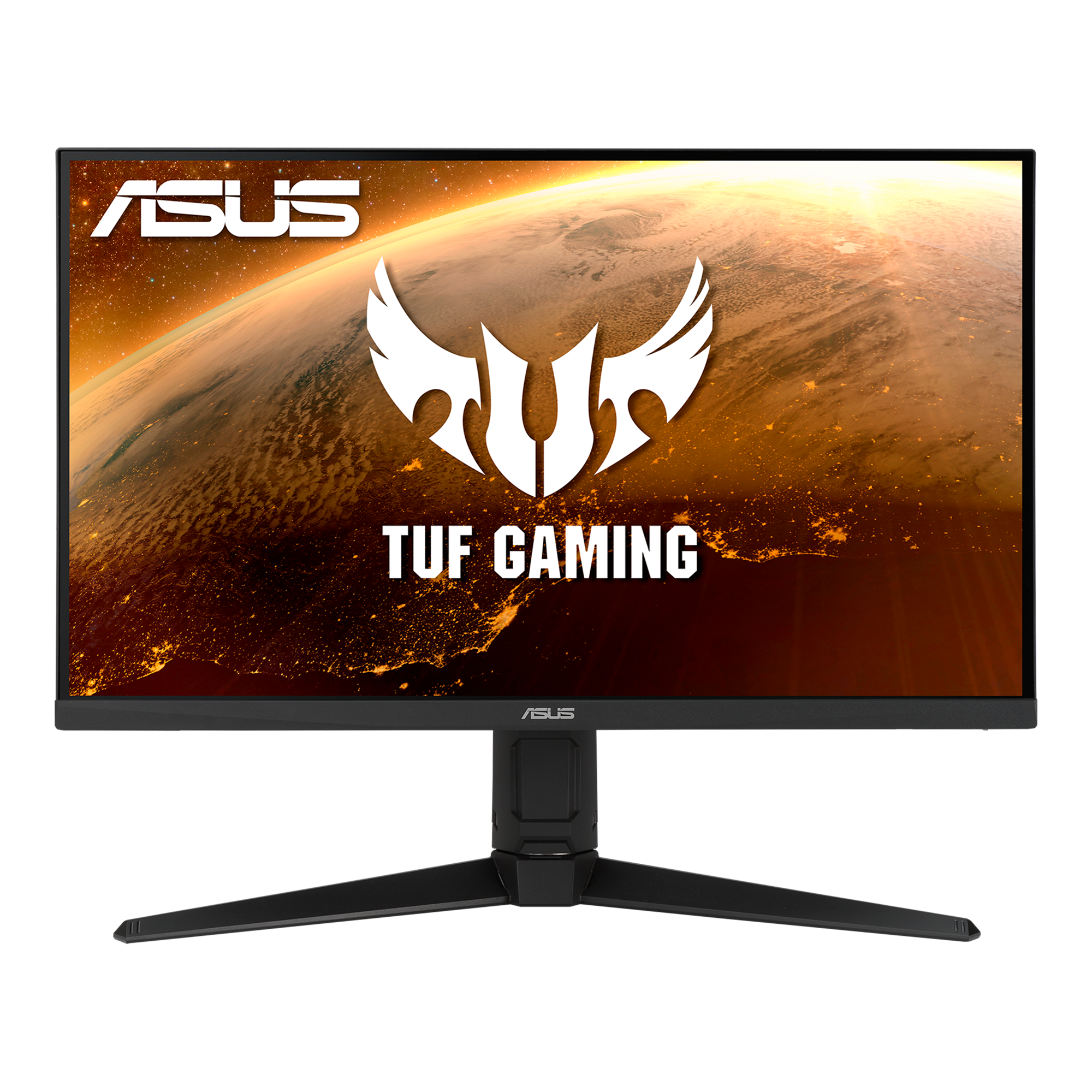ASUS 31.5” 4K HDR Monitor (VP32UQ) it is $51 more than the LG. 4k is better for that size because it is clearer, so besides that is it worth a extra $51? Hmmm, that too sounds better so IPS is better.
Question Is this better enough than my LG 32GN650-B Ultragear Gaming Monitor 32” to get?
- Thread starter edward78
- Start date
You are using an out of date browser. It may not display this or other websites correctly.
You should upgrade or use an alternative browser.
You should upgrade or use an alternative browser.
is it worth a extra $51?
IMO, Asus is far worse than your LG.
LG specs: https://www.lg.com/us/monitors/lg-32gn650-b-gaming-monitor
Sure, Asus is 4K but that is only thing it has "better". Though, depending on your hardware, it can be worse, where your hardware isn't capable outputting 4K at comfortable levels.
Other, apparent downsides are:
60 Hz (Asus) vs 165 Hz (LG)
1000:1 contrast ratio (Asus) vs 3000:1 contrast ratio (LG)
31.5" (Asus) vs 32" (LG)
Very poor contrast ratio (1000:1) is a deal killer for me, since i can not stand a monitor, that doesn't display blacks as they are supposed to be, deep and rich. But instead displays them as some form of gray or blue. That, and refresh rate is another downside, mayor one. If you game, 60 Hz nowadays, is poor, while 144 Hz is norm.
So, your money and your call. But i wouldn't pay more money for a much worse monitor.
Crap, any idea on a IPS that would be equal to my LG? https://www.amazon.com/gp/product/B09HRB9F39/ref=ox_sc_saved_image_2?smid=ATVPDKIKX0DER&th=1 is that good? a\A 4k version would be good, for more crispness.
Last edited:
any idea on a IPS that would be equal to my LG
IPS panel will never be equal to VA panel (which your LG has).
Backstory:
There are 3x kinds of monitor panels: TN, VA and IPS. Actually there are more (variations of the main three) but i focus on these main ones.
TN panel is oldest of the three and also cheapest. Where TN panel excels is it's performance, most notably response time (1ms).
Though, TN panel also has it's downsides. Prominent ones are: poor color accuracy (washed out colors), very narrow view angle and poor contrast ratio (max 1000:1).
Gaming wise, TN panel monitor is best suited for fast-paced games (FPS, racing etc), where you don't care as much about pretty colors as you do about smoothness of movements.
IPS panel has been around for some time and is also the most expensive of the three.
Where IPS panel excels is it's color accuracy, which is the best of the three. Also, it has widest viewing angles of the three.
But where IPS panel falls short is response time. IPS technology by design can't be any faster than 4ms (compared to the 1ms most TN panels are). Another area where IPS panel falls short is it's poor contrast ratio which is equal to a TN panel (max 1000:1), despite it's great color accuracy. This is most prominent when looking at black image and where black isn't black but instead gray or some form of blue. Refresh rates aren't IPS panel strong side either and many IPS panels are 60Hz, especially on higher resolutions. There are some 1440p 165Hz and 4K 120Hz IPS panel monitors out there but they are few and far apart, also costing a fortune.
Gaming wise, IPS panel monitor is best suited for slow-paced games (RPG, strategy etc), where you have time to see all those pretty colors and where smoothness of movements isn't that important.
VA panel is the newest of the three and price wise, it falls between TN and IPS. VA panel was created to take the best of both worlds (TN and IPS) and combine them.
Where VA panel excels is it's contrast ratio (min 3000:1), where you'd see the deepest and richest blacks. Also, it doesn't fall short on other aspects as well. VA panel color accuracy isn't as good as it is for IPS panel but it's close to the levels of IPS panel (considerably better than TN panel). It's viewing angle is also a notch smaller than that of an IPS panel but again, considerably better than that of a TN panel. Refresh rate wise, VA panel is more capable on different resolutions than IPS panel. Response time is another area where VA panel does good. While VA panel can't naturally be any faster than 4ms (just like IPS panel), it can achieve the magical 1ms response thanks to the software solution in it.
With VA panel monitors making waves lately, there aren't any major downsides of them. Availability used to be issue but not anymore.
Gaming wise, VA panel monitor is suited for all kinds of games. VA panel is like Jack of all trades but master of none (except when it comes to contrast ratio, there, VA panel is king).
Official specs: https://www.asus.com/displays-desktops/monitors/tuf-gaming/tuf-gaming-vg32aql1a/techspec/https://www.amazon.com/gp/product/B09HRB9F39/ref=ox_sc_saved_image_2?smid=ATVPDKIKX0DER&th=1 is that good? a\A 4k version would be good, for more crispness.
Contrast ratio 1000:1. So, it is not better than your VA panel LG.
Why_Me
Polypheme
https://www.adorama.com/asvg27aq1a.html
ASUS TUF VG27AQL1A 27" 2560x1440 IPS HDR 170Hz G-SYNC Compatible Gaming Monitor $299.00

 www.asus.com
www.asus.com
ASUS TUF VG27AQL1A 27" 2560x1440 IPS HDR 170Hz G-SYNC Compatible Gaming Monitor $299.00

TUF GAMING VG27AQL1A|Monitors|ASUS USA
TUF Gaming monitors are ideal for competitive gamers on a budget, delivering a carefully selected set of high-end gaming features at palatable prices. Immaculate visuals are now within reach.
 www.asus.com
www.asus.com
TRENDING THREADS
-
-
Question Seagate Ironwolf as single harddrive - ERC disabled?
- Started by Mumintroll
- Replies: 5
-
-
Question Looking for a Cybenetics report that Tom's Hardware referenced - EVGA SuperNova 650 P2
- Started by motoxnate
- Replies: 6
-
Question How to correctly identify and oragnize PSU cables with their respective PSUs
- Started by BlackOrangutan
- Replies: 6
-
Question 24 inches monitor FHD or QHD for home office and scaling dilemma
- Started by RyanBR
- Replies: 3

Tom's Hardware is part of Future plc, an international media group and leading digital publisher. Visit our corporate site.
© Future Publishing Limited Quay House, The Ambury, Bath BA1 1UA. All rights reserved. England and Wales company registration number 2008885.

